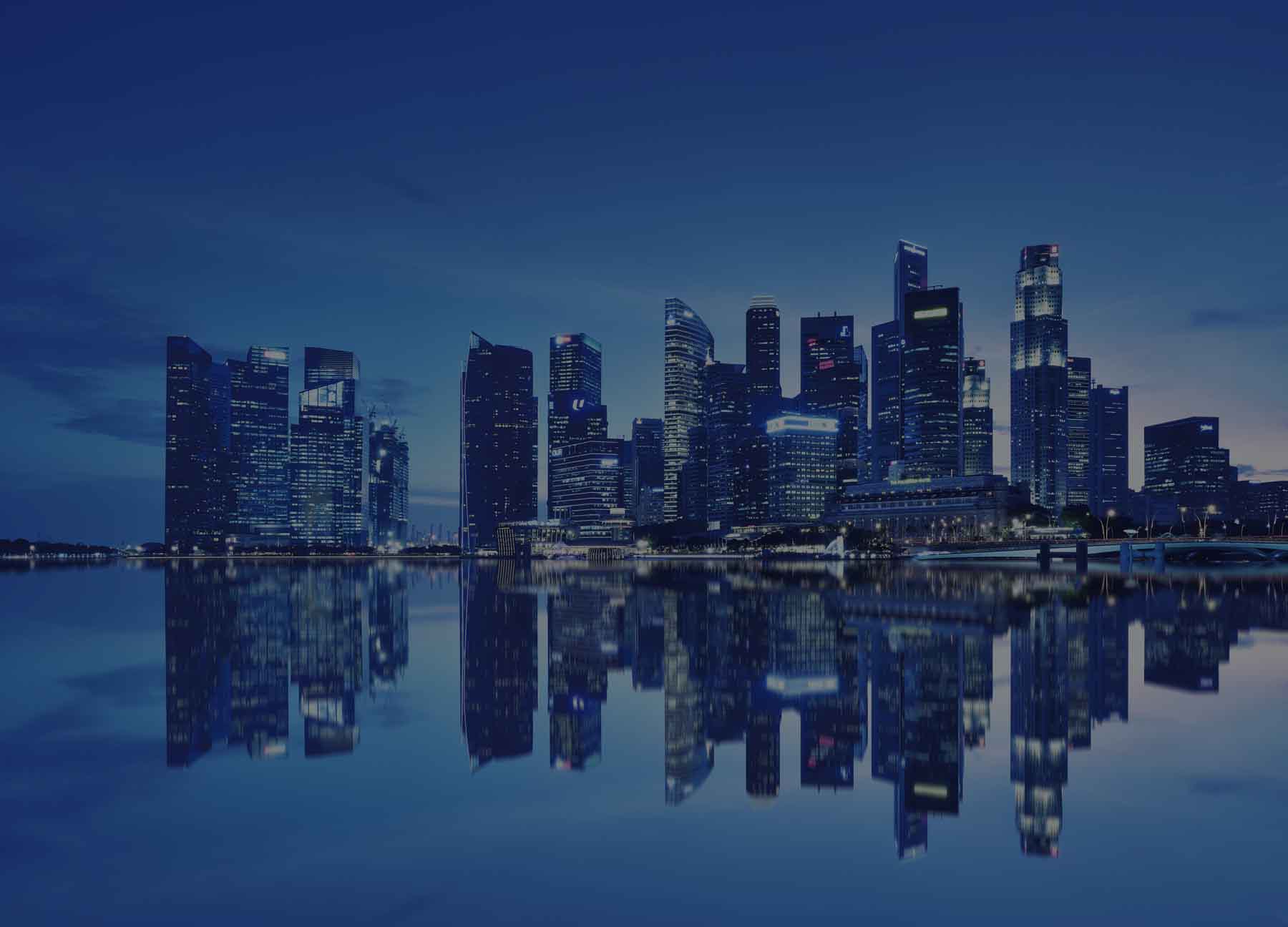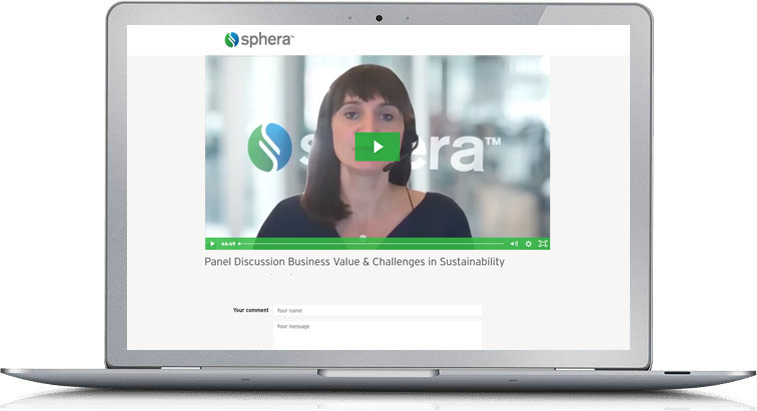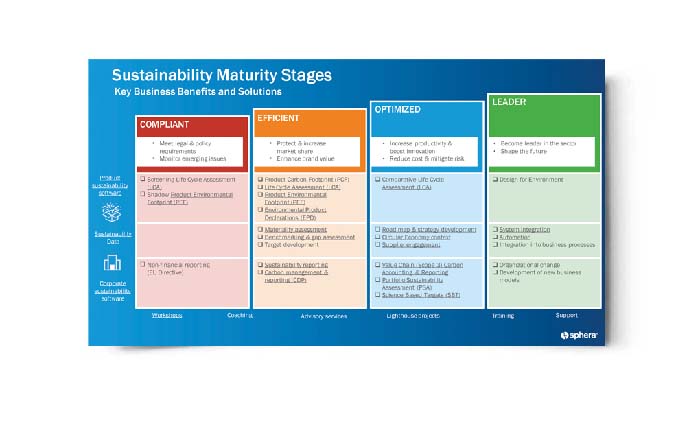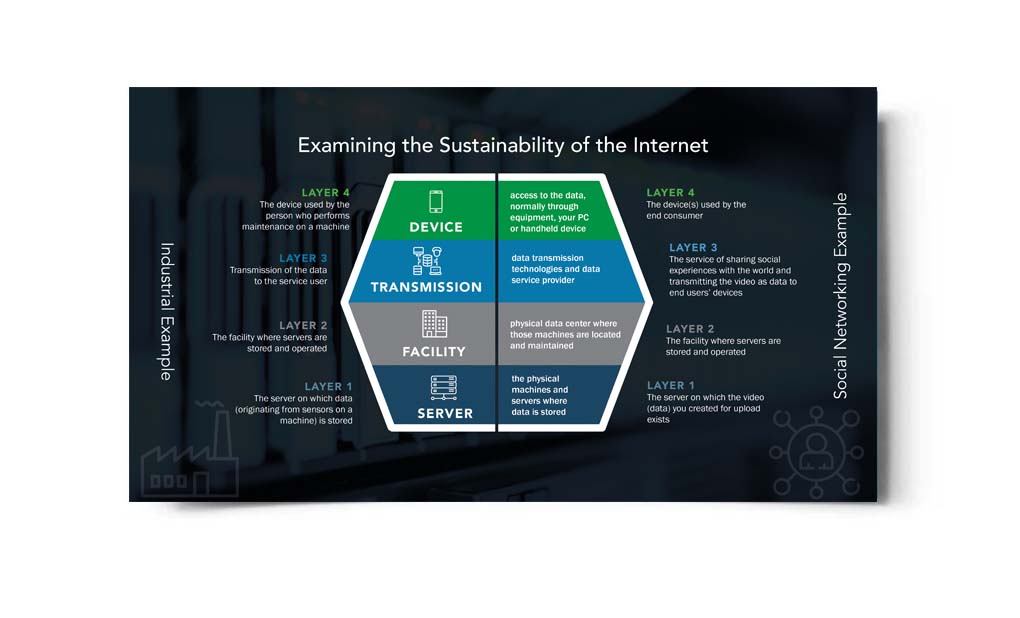Environmental policies are evolving across the globe, as countries aim to improve their progress toward sustainability goals and mitigate the effects of climate change. Singapore is no exception, having launched its Singapore Green Plan 2030 in February 2021 to “galvanise a whole-of-nation movement and advance Singapore’s national agenda on sustainable development.”
One of the latest developments in Singapore’s plan is a proposal for stronger climate reporting requirements. The recommendations come from the Sustainability Reporting Advisory Committee (SRAC), a committee set up last year by the Accounting and Corporate Regulatory Authority (ACRA) and the Singapore Exchange Regulation (SGX RegCo). The introduction of the proposed rules opens a public comment period that will close on September 30, 2023.
What are the SRAC’s recommendations, and what could they mean for businesses that operate in Singapore? Read on to learn more.
Existing Climate-Related Disclosure Requirements in Singapore
Under existing disclosure rules, listed companies in the finance, agriculture, food, forest products and energy sectors are required to provide climate-related disclosures (CRDs) in alignment with the recommendations of the Task Force on Climate-Related Financial Disclosures (TCFD) from this year onward. Listed companies in other industries participate on a “comply-or-explain” basis; they must either comply with the standards or provide explanations for their non-disclosure. The newly proposed CRD requirements will put stricter mandates on public companies and impose disclosure rules on private businesses as well.
Singapore’s Proposed CRD Requirements
The SRAC’s recommendations require companies to disclose using local standards that align with the IFRS Sustainability Disclosure Standards from the International Sustainability Standards Board (ISSB). The ISSB’s first set of standards were released in June 2023. “Listed issuers” will need to start reporting for FY2025. Large, non-listed companies (“NLCos”) with annual revenues of at least S$1 billion will be expected to start with FY2027.
Those are the broad strokes, but there are a few finer points worth mentioning. ACRA stated that all companies would be permitted to defer complex climate-related disclosures, such as Scope 3 emissions, for up to two years after reporting requirements begin. In the case of Scope 3, this gives companies more time to get the right processes in place for reporting their supply/value chain emissions.
Additionally, the proposal calls for external assurance of Scope 1 and Scope 2 disclosures beginning with FY2027 for listed issuers and FY2029 for non-listed companies. Assurance must be conducted by a firm registered with ACRA and accredited by the Singapore Accreditation Council.
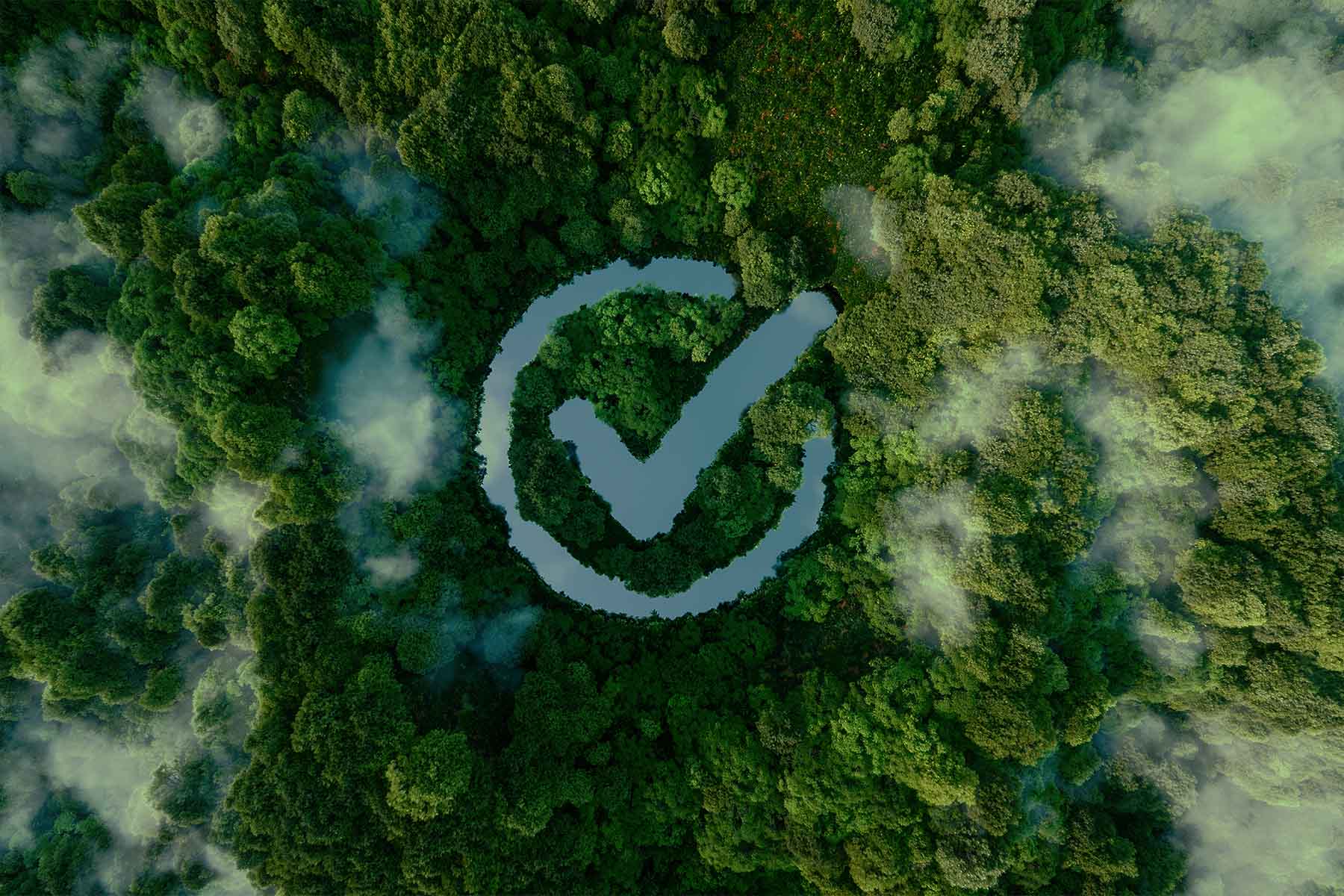
The Role of Scope 3 in Singapore’s Climate Reporting Proposal
ACRA plans to review progress in 2027 to determine whether it is appropriate to institute similar requirements for smaller NLCos (with annual revenues of at least S$100 million) beginning in FY2030.
Regardless of whether these smaller companies will need to comply with Singapore’s climate-related disclosure rules, they should still develop their reporting practice. Supply chain partners of larger companies that fall within the scope of the regulation will need to measure their greenhouse gas emissions so their larger reporting partners can calculate their Scope 3 emissions. Smaller companies that fail to measure their emissions may lose their relationships with key partners that have Scope 3 reporting obligations.
Measuring Scope 3 emissions is very complex, yet given that these emissions constitute the majority of most companies’ combined Scope 1, Scope 2 and Scope 3 emissions, they need to be accounted for and addressed. Many businesses will need the two-year grace period to identify and assemble the data and software tools necessary for their Scope 3 reporting.
In any case, the listed enterprises that fall within the scope of Singapore’s earlier climate-related disclosure rules have likely been thinking about climate-related reporting for some time—even those within the “comply-or-explain” category. ACRA now expects them to “lead the way” on climate-related disclosures. While the private companies have more lead time compared to listed companies, they should start building their reporting capabilities now.
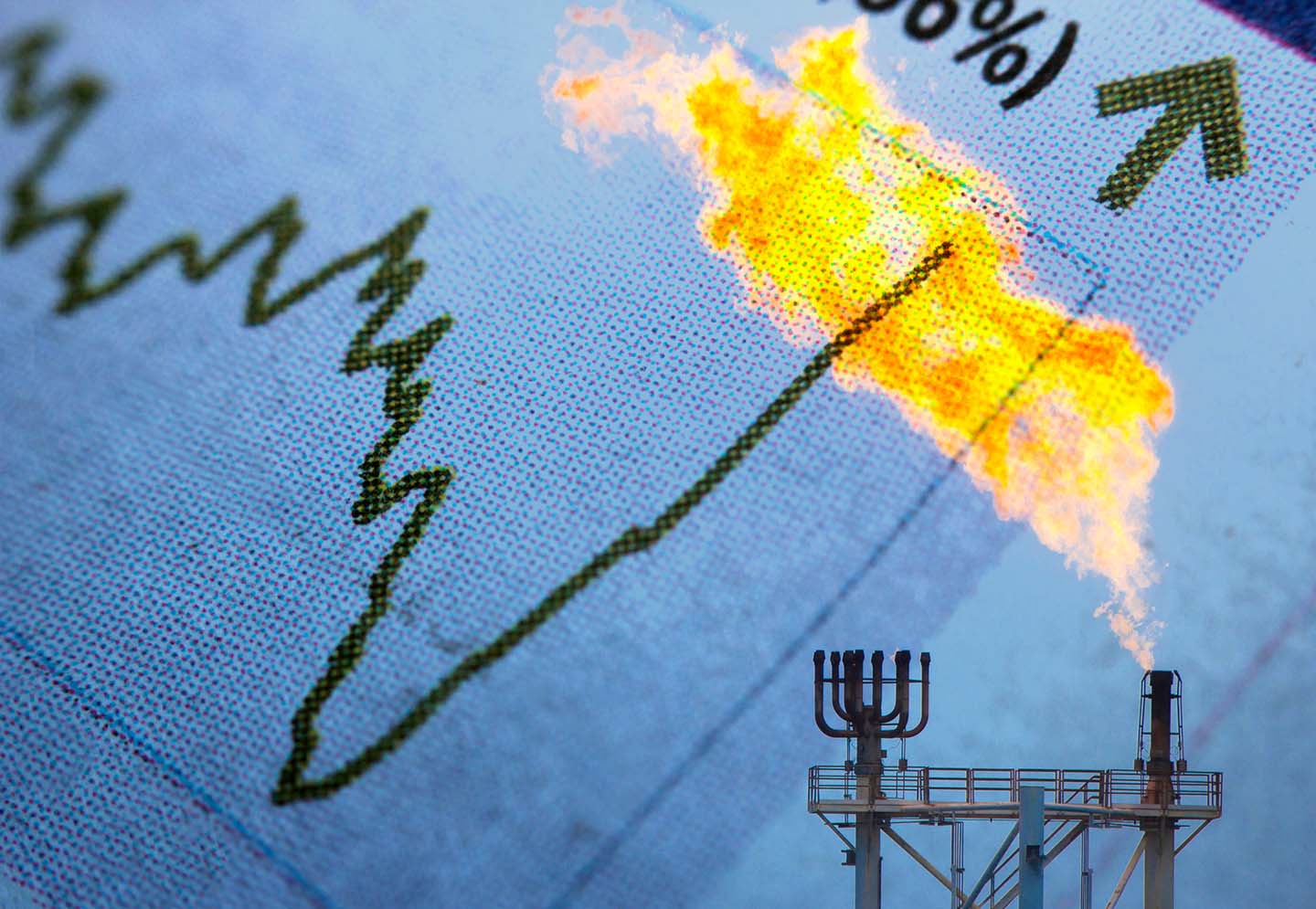
Climate-Related Reporting Yields Benefits
Singapore is moving toward stricter climate reporting, and it’s especially notable that climate-related disclosures will likely become mandatory for large, private enterprises. While public and private companies begin to think about how their compliance obligations will change, they should also take heart in the fact that climate reporting can yield very compelling benefits. SRAC Chairperson Esther An pointed out that “There is a strong business case for climate reporting as it has helped many businesses to improve performance and create stronger competitive advantage by capturing growth opportunities.” So, there are positive outcomes in store for companies that master climate reporting.
As business leaders prepare to boost their reporting capabilities, they may want to comment on the SRAC’s recommendations. They can do so through the public consultation portal.

